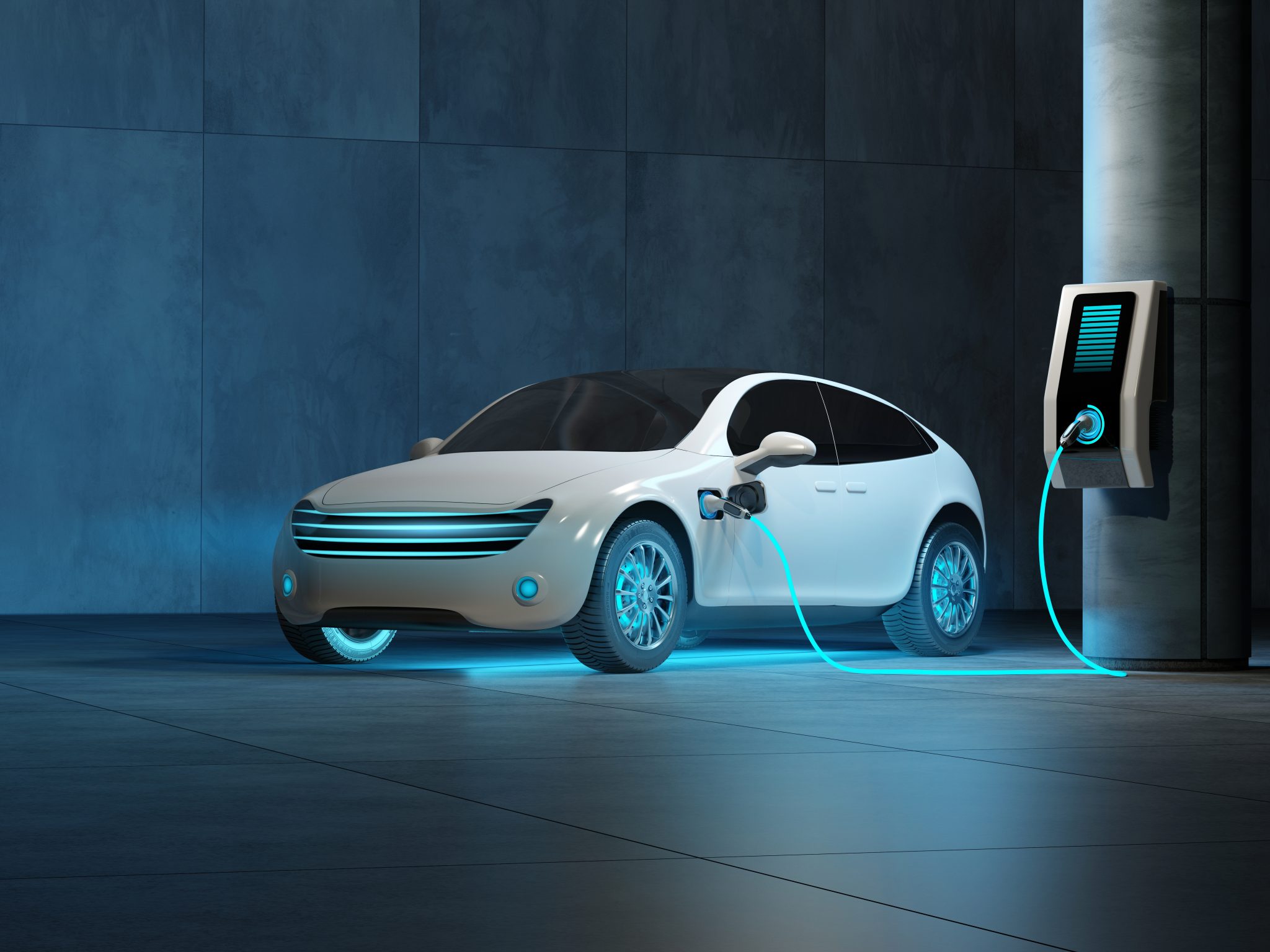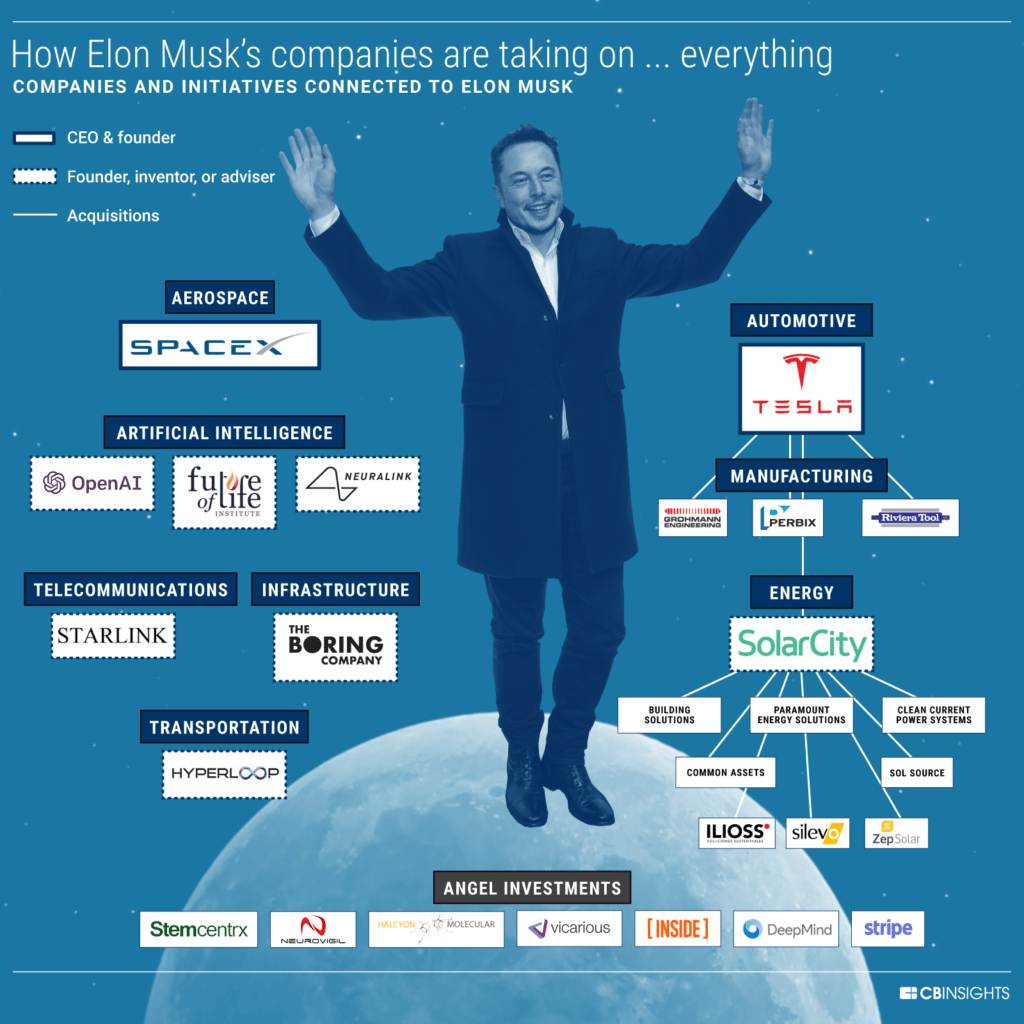China's Impact On BMW And Porsche Sales: Market Headwinds And Strategic Responses

Table of Contents
The Shifting Landscape of the Chinese Luxury Car Market
The Chinese luxury car market is undergoing a dramatic transformation. Consumer preferences are shifting rapidly, impacting sales figures for established players like BMW and Porsche. Several key factors are at play:
-
The Rise of Electric Vehicles (EVs): Chinese consumers are increasingly embracing electric and hybrid vehicles. Domestic brands like Nio, XPeng, and BYD are leading this charge, offering competitive pricing and technologically advanced features, putting pressure on traditional combustion engine models from BMW and Porsche. This necessitates significant investment in EVs and related infrastructure from the German automakers.
-
Intensified Domestic Competition: The emergence of strong domestic brands is a major headwind. These brands often understand the local market better, offering tailored features and competitive pricing, directly impacting the market share of BMW and Porsche. The competition isn't just about price; it’s also about technological innovation and brand perception.
-
Changing Consumer Tastes: The younger generation of Chinese consumers has different priorities than previous generations. They are more discerning, technologically savvy, and demanding. This necessitates a shift in marketing strategies and product offerings to resonate with this demographic. Brand loyalty, once a significant factor, is becoming less predictable.
-
Digitalization and Online Sales: The Chinese automotive market is heavily reliant on digital platforms. BMW and Porsche must invest heavily in robust online sales channels, digital marketing campaigns, and an optimized online customer experience to effectively reach and engage this digitally native audience.
-
Government Policies: Government regulations, including emission standards and subsidies for EVs, are significantly influencing the market. Companies must adapt their strategies to comply with these regulations and leverage any available incentives.
Economic Slowdown and its Impact on BMW and Porsche Sales in China
The recent economic slowdown in China has had a direct impact on consumer spending, particularly in the luxury segment. This is reflected in the sales figures of BMW and Porsche in recent years.
-
Declining Sales Figures: While precise numbers fluctuate, recent reports indicate a slowdown or even decline in sales for both brands in China, compared to previous years of strong growth. This highlights the vulnerability of luxury car sales to macroeconomic factors.
-
Correlation with Economic Indicators: A clear correlation exists between key economic indicators like GDP growth and consumer confidence, and the sales performance of BMW and Porsche in China. Economic uncertainty directly impacts purchasing decisions, especially for high-value items like luxury cars.
-
Reduced Consumer Spending: Economic hardship leads to reduced discretionary spending. Luxury cars are often the first items to be sacrificed during economic downturns, leading to a decrease in demand. This requires a careful review of pricing strategies.
Strategic Responses by BMW and Porsche to Address Market Challenges
In response to the market headwinds, BMW and Porsche are implementing various strategic responses:
-
Electrification and Product Adaptation: Both brands are accelerating their electrification strategies, introducing more electric and hybrid models specifically tailored to Chinese consumer preferences. This includes localized versions with features catering to the specific demands of the Chinese market.
-
Marketing and Localization: Marketing campaigns are being adapted to resonate better with Chinese culture and consumer values. This includes utilizing local influencers and adapting messaging to suit different regional preferences. Investment in local production and supply chains improves responsiveness to local needs and helps reduce costs.
-
Pricing Strategies: Competitive pricing strategies are crucial to maintain market share in the face of strong domestic competition. This may include offering different trim levels and packages to target specific segments within the market.
-
Investment in R&D: Continued investment in research and development is crucial to stay ahead of the competition in terms of technological innovation and features that appeal to technologically sophisticated Chinese consumers. Focus areas include autonomous driving and advanced connectivity features.
The Role of Digitalization in China's Automotive Market
Digitalization is no longer optional; it's essential for success in China's automotive market.
-
Online Sales and Digital Marketing: Leveraging online platforms and implementing effective digital marketing campaigns are crucial for reaching and engaging Chinese consumers. This includes creating engaging content, utilizing social media effectively, and personalizing the online customer experience.
-
Data Analytics and Customer Understanding: Data analytics plays a key role in understanding consumer preferences and behaviors. This enables targeted marketing and product development, maximizing the impact of marketing investments. This data-driven approach is essential to success.
Conclusion
The Chinese automotive market presents both enormous opportunities and significant challenges for luxury brands like BMW and Porsche. The economic slowdown and the rise of domestic competition necessitate strategic responses that prioritize localization, product adaptation (especially in the EV sector), and a fully embraced digital strategy. The success of these brands in China will depend on their agility and adaptability to the ever-changing needs and preferences of Chinese consumers. Understanding the nuances of China's impact on BMW and Porsche sales is crucial for anyone interested in the automotive industry. Stay informed about the latest developments and the strategies employed by these leading brands to navigate this dynamic market. Learn more about the evolving landscape of the Chinese luxury car market and the critical strategic responses of major players like BMW and Porsche.

Featured Posts
-
 Can Harvard Be Saved A Conservative Professors Perspective
Apr 26, 2025
Can Harvard Be Saved A Conservative Professors Perspective
Apr 26, 2025 -
 Secret Service Investigation Concludes Cocaine Found At White House
Apr 26, 2025
Secret Service Investigation Concludes Cocaine Found At White House
Apr 26, 2025 -
 Chinas Auto Industry A Look At The Future Of Electric Vehicles
Apr 26, 2025
Chinas Auto Industry A Look At The Future Of Electric Vehicles
Apr 26, 2025 -
 A Side Hustle Access To Elon Musks Private Companies
Apr 26, 2025
A Side Hustle Access To Elon Musks Private Companies
Apr 26, 2025 -
 After A Decade Construction Resumes On Worlds Tallest Abandoned Skyscraper
Apr 26, 2025
After A Decade Construction Resumes On Worlds Tallest Abandoned Skyscraper
Apr 26, 2025
Latest Posts
-
 Charleston Open Pegulas Dramatic Victory Against Collins
Apr 27, 2025
Charleston Open Pegulas Dramatic Victory Against Collins
Apr 27, 2025 -
 Us Open 2024 Svitolinas Impressive First Round Win
Apr 27, 2025
Us Open 2024 Svitolinas Impressive First Round Win
Apr 27, 2025 -
 Former Dubai Champ Svitolinas Strong Us Open Start
Apr 27, 2025
Former Dubai Champ Svitolinas Strong Us Open Start
Apr 27, 2025 -
 Pegulas Charleston Open Comeback Stunning Victory Over Collins
Apr 27, 2025
Pegulas Charleston Open Comeback Stunning Victory Over Collins
Apr 27, 2025 -
 Wta Tennis Final Matches Set In Austria And Singapore
Apr 27, 2025
Wta Tennis Final Matches Set In Austria And Singapore
Apr 27, 2025
